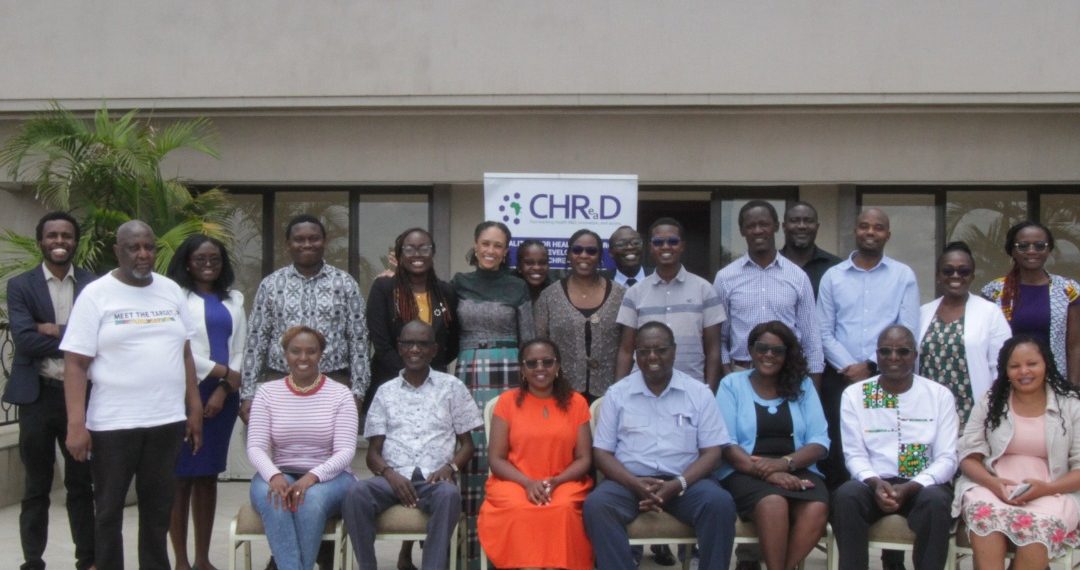Experts are raising alarm as dwindling investment in health research threatens Kenya’s capacity to innovate life-saving solutions and effectively respond to public health threats.
The Coalition for Health Research and Development (CHReaD) has issued a dire warning: without immediate intervention to address chronic underfunding, Kenya risks losing significant ground in health security, scientific advancement, and disease surveillance.
This comes even as the national health budget for the 2025/26 financial year saw a nominal increase — from KSh127 billion in 2024/25 to KSh138.1 billion. Yet, critical health research institutions are reeling from massive funding cuts.
According to CHReaD the Kenya Medical Research Institute (KEMRI), the country’s flagship health research body, received KSh2.7 billion for recurrent expenditure — a marginal figure — and a meagre KSh40 million for laboratory development. This marks a dramatic drop from the previous allocation of KSh537 million for infrastructure upgrades in 2024/25.
Equally concerning is the fate of the National Research Fund (NRF) — the statutory agency tasked with financing research and innovation — which received no budgetary allocation in 2025/26. Last year, it had been allocated KSh218.7 million. The zero-funding decision has stunned the research community.
CHReaD says that Kenya has already begun to feel the impact of the researxh and development underfunding as clinical trials are slowing down or being suspended, surveillance systems for emerging disease outbreaks are under-resourced, and top scientists are increasingly looking abroad for better-funded environments.
This they say is further worsened by the withdrawal of key international donors, particularly USAID, which has led to the loss of over $220 million previously earmarked for health research and
CHReaD emphasizes that it is a high-return investment. Data from the coalition shows that every KSh1 invested in health research yields KSh2.40 in short-term benefits and KSh4.72 in long-term economic returns.
Beyond financial returns, research is also the backbone of Kenya’s ability to fight pandemics, develop vaccines, and drive innovations tailored to local health needs.
To reverse the dangerous slide, CHReaD is urging urgent policy and legislative interventions in three key areas.
The coalition is calling on Parliament to introduce a supplementary budget that reinstates targeted funding for KEMRI and the NRF. The funds should prioritize operational research, innovation grants, and support for clinical trials already underway.
CHReaD supports a proposed amendment to the Social Health Authority (SHA) Act that would earmark 0.1percent of SHA’s monthly collections to finance national research institutions. This would ensure predictable, domestic funding and reduce overreliance on donors.
The coalition is urging the government to prioritize procurement of locally developed health innovations. It is also calling for the review of the Science, Technology, and Innovation (STI) Act, 2013 to empower institutions like KEMRI and NRF to commercialize their products, patent their discoveries, and generate sustainable
If adequate research and Development funding are allocated it will help Kenya shape its preparedness for the next pandemic, its ability to manufacture health technologies, and its economic future.














